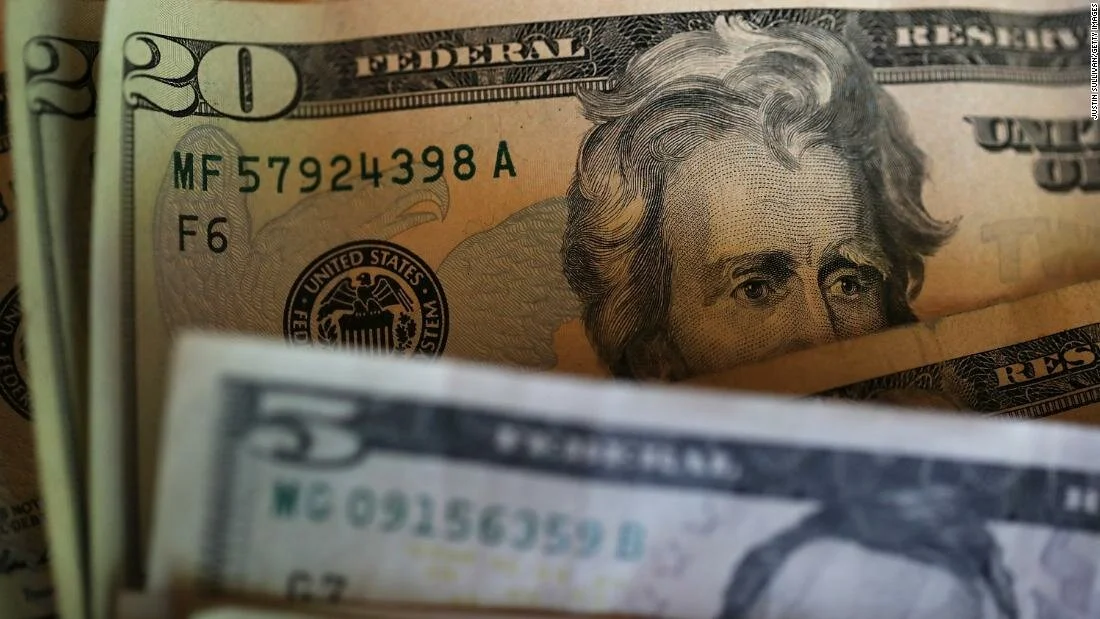The accumulation of cash is largely due to the pandemic, which has made people cautious about their health and their finances and has kept many from their routine spending habits, said Ken Tumin, a banking expert at DepositAccounts.com, a bank account comparison site.
Here’s what you need to consider when looking for a place to store your emergency savings.
Traditional savings accounts
That’s not much of a return. But, for many savers in this ultra low-rate envrionment, the benefit traditional savings accounts do offer is convenience.
While both traditional and online savings accounts are FDIC insured, the accessibility to branches at traditional banks makes it easier to do things like deposit cash — something that’s more difficult to do with online savings accounts.
But the big banks do tend to charge higher monthly fees.
And those fees can add up, said Steven Chau, certified financial planner with Know Your Worth Financial of Tempe, Arizona.
“The difference in interest rates in this environment are not going to outweigh the cost of a few fees,” said Chau.
Online savings accounts
“They are FDIC insured and you can keep your existing checking account,” he said.
“Rates are above 1% now, but online savings account rates are falling,” said Tumin. “I wouldn’t be surprised if they fall to 1%.”
At 1%, if you deposit $10,000, that’s the difference between earning $100 a year if the rate remained unchanged at an online bank versus $1 at the end of the year from a traditional savings account offering 0.01%.
“This isn’t a great return, but it’s better than nothing for funds that need to stay liquid for any needs that might arise,” said Ryan Watermiller, certified financial planner at Ankeny Financial Planning in Iowa.
Just be sure to read the fine print: Some online accounts charge a fee if you have not made a deposit or withdrawal within a certain number of months or if the balance drops below a specified amount. And there are some accounts that function like certificate of deposits by charging a penalty for closing the account before a specified amount of time.
Alternatives to savings accounts
CDs: Another safe place to put your money is a certificate of deposit, or CD. It’s similar to a savings account since it’s federally insured, but you agree to leave your money there for a period of time, such as six months, a year, five years or even longer. Typically, you earn more interest the longer your money is deposited.
But, as with savings accounts, the interest isn’t much.
“Because CD rates have fallen so much, it isn’t a good time to lock in right now,” said Tumin. “There are now several online banks that cut their 5-year CD rates so low, they’re lower than their savings account rates.”
But, he said, if you have a CD ladder already going, in which maturing CDs are rolled over to new CDs, stick with it.
However, before automatically rolling over with your current bank, shop around, he said.
“Even online banks have been cutting CD rates to all time lows, but not all of them,” he said. “Your bank may be one that is cutting rates and you may get a better rate elsewhere. Look around. You don’t want to lock into a very low rate if you can find something better.”
Money market accounts: Money market accounts, which generally earn higher rates than savings accounts, may allow for check-writing or debit cards and can require a higher minimum deposit.
But there may be some fees involved. Some money market accounts may have monthly fees, inactive account fees or other fees for not adhering to specifications by the bank.
High-yield checking accounts: High-yield checking accounts, sometimes called reward checking accounts, are usually offered by community banks or credit unions and offer rewards for meeting specific account requirements.
Most have no fees, but you do need to meet the requirements in order to earn the high interest rate.
“Reward checking accounts can at least provide a way to earn some interest right now in an environment where rates are low and will remain low for some time,” said Tumin.
Source link






Be First to Comment